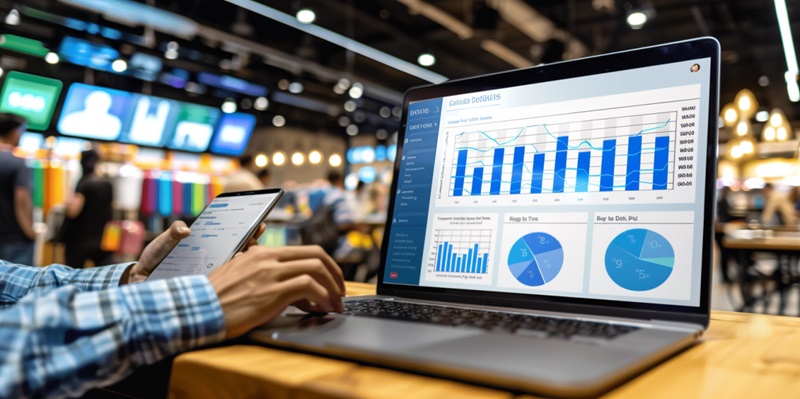In a dynamic market where data is pivotal, small and midsize businesses (SMBs) have often lagged behind larger corporations in harnessing the power of advanced analytics. Enter Lumify360™, a game-changing predictive data analytics platform that could reshape how SMBs approach business performance monitoring and decision-making. For many SMBs, the challenge of disjointed Key Performance Indicators (KPIs) and Key Risk Indicators (KRIs) stymies the ability to glean actionable insights across an organization. Lumify360 addresses this challenge head-on by congregating and enriching data from various departments, providing a unified, real-time view of performance.
The democratization of advanced analytics has been the industry’s rallying cry, and Lumify360 embodies this shift. Historically, sophisticated features like data lakes powered by Microsoft Azure, Power BI visualizations, and workflow automation were the exclusive domain of large enterprises with deep pockets. Lumify360 brings these cutting-edge tools to SMBs, enabling them to compete on an even playing field. The integration of an AI assistant, Kaia, further levels the playing field, offering actionable recommendations and simplifying data analysis for those without a background in data science.
Bridging the Gap in Business Analytics
In today’s data-driven marketplace, small to midsize businesses (SMBs) have traditionally fallen behind their larger counterparts due to a lack of advanced analytics. Lumify360™ is set to revolutionize that dynamic. This predictive analytics platform offers SMBs the tools to improve business monitoring and informed decision-making, despite the hurdle of fragmented KPIs and KRIs hampering comprehensive insight. Lumify360™ tackles this by unifying departmental data for real-time, holistic performance views.
This platform signifies the breaking down of barriers in analytics access, with features once confined to big corporations. Lumify360™ incorporates Microsoft Azure’s data lakes, Power BI for visual storytelling, and workflow automation to empower SMBs. An edge is further provided by Kaia, an AI-powered assistant that renders data science expertise unnecessary through intuitive recommendations. Lumify360™ is leveling the analytics playing field, ensuring SMBs are equipped to compete robustly in the market.

